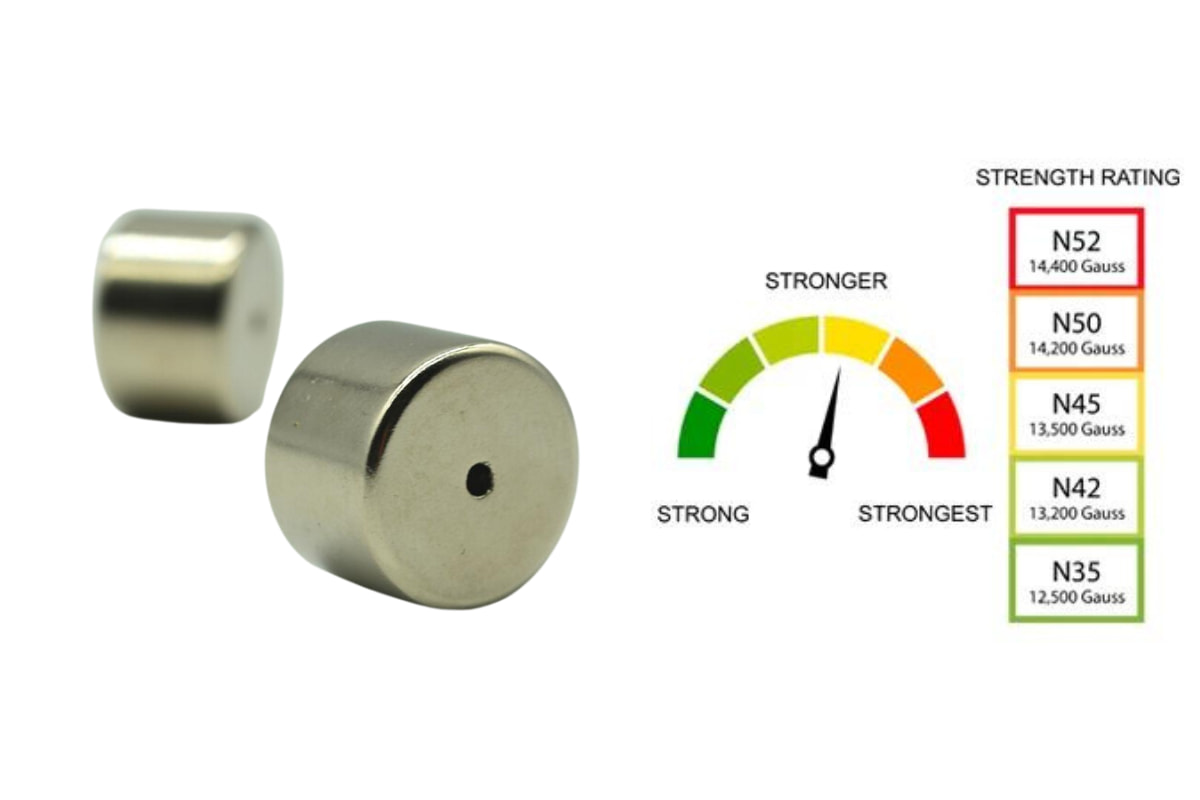Magnets are essential to our daily lives, playing a crucial role in various industries and devices we use regularly. From computers and electronics to health and medicine, magnets offer numerous benefits. In this article, we will explore six main uses of magnets in our everyday life and understand their significance.
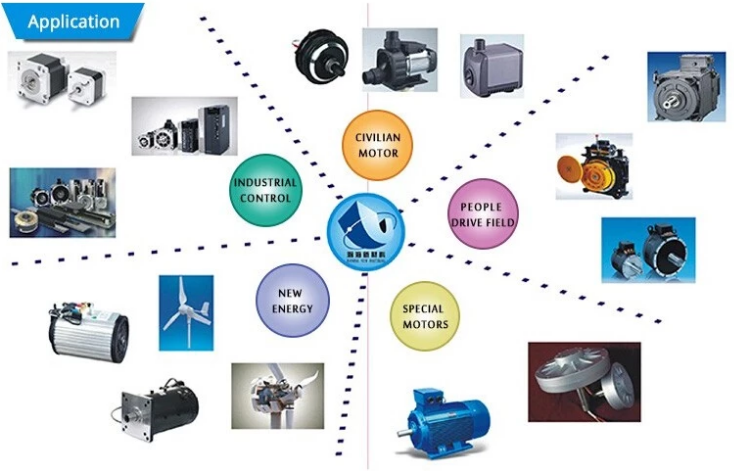
Why are magnets important in our daily life?
Magnets power our daily life, linking closely with electricity and magnetism. Think of our vacuum cleaner, washing machine, phone, doorbell, or toy — they all harness the magic of magnets. Dive into technology, and we’ll find magnets storing computer data, driving credit cards, fueling MRI machines, and running business tools. Excitingly, magnet motors outperform traditional induction ones, shining especially in electric vehicles. Plus, magnets in electric generators turn mechanical energy into electricity, while some motors flip that, turning electricity back into motion.
From household appliances to the industrial world, magnets are doing their job silently and unseen, playing an important part in making our lives easier and more efficient. And we are going to discuss some of their applications below.
6 Main Uses of Magnets in Our Daily Life
1. Computers and Electronics
Magnets are found inside computers and electronic devices, aiding in data storage on hard drives. They help alter the direction of the magnetic material on the hard disk to represent computer data. Additionally, magnets are present in small speakers, USB cables, radios, televisions, and other electronic gadgets we rely on daily.
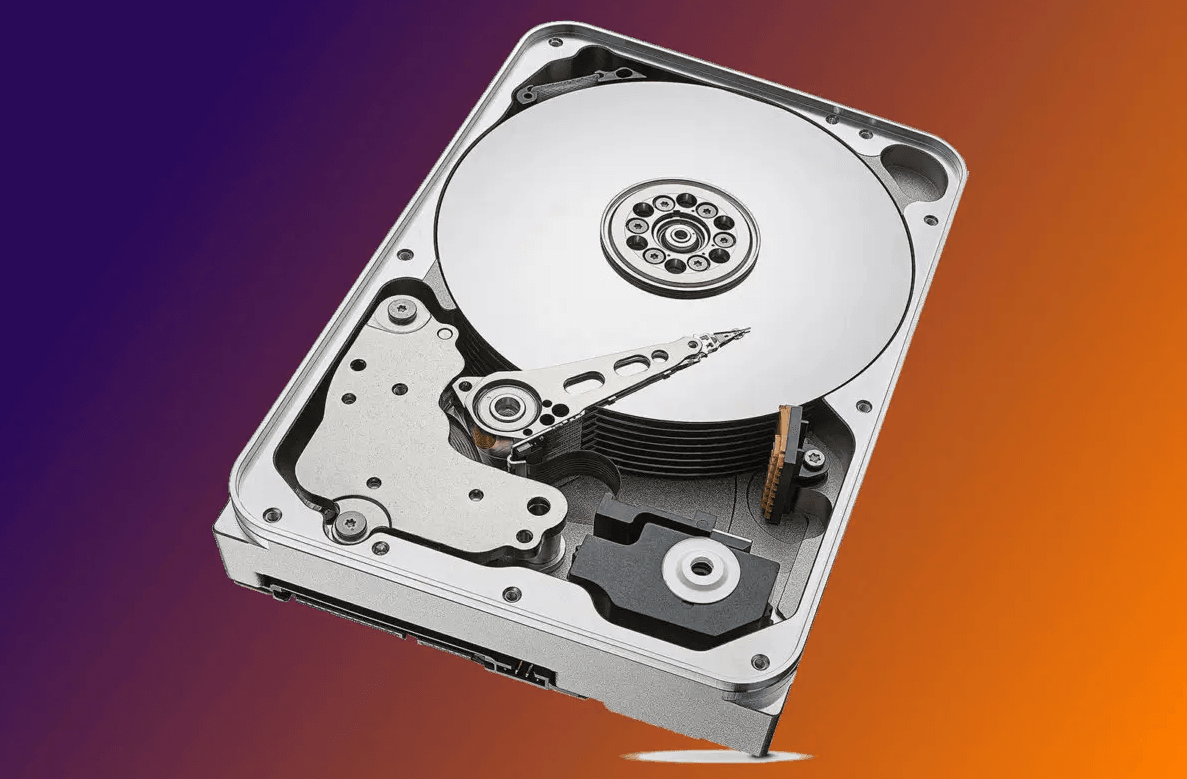
2. Electric Power and Industries
In the industrial sector, magnets are indispensable for converting mechanical energy into electricity using electric generators. Electromagnets play a vital role in recycling by grabbing large metal pieces. Moreover, magnetic drums are used in mines to separate metallic ores from crushed rock. Food processing units also utilize magnets to remove small metal pieces from grains and other food items.

3. Health and Medicine
Magnets find significant applications in the field of medicine. Magnetic Resonance Imaging (MRI) machines employ powerful neodymium magnets to produce detailed images of internal body structures for diagnostic purposes. They are also used for cancer treatment, wherein magnetically sensitive fluids and heat generated by strong magnets help destroy cancer cells without harming healthy organs.
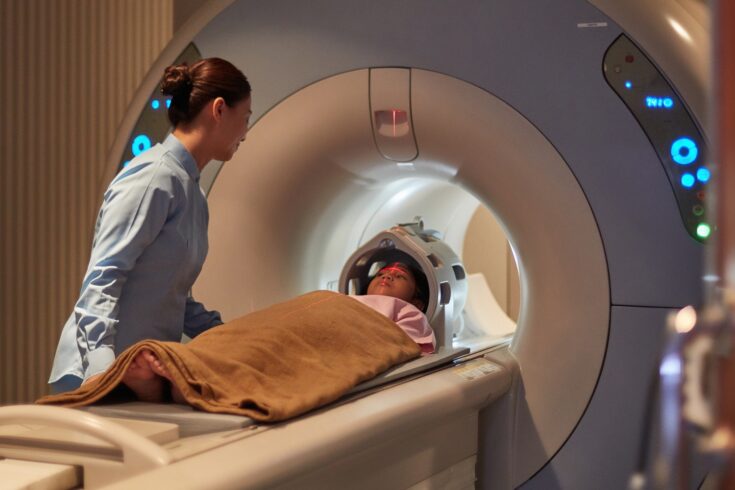
4. Household Appliances
Unbeknownst to many, household appliances contain magnets that serve various purposes. Refrigerators utilize magnets to seal doors tightly and maintain cool temperatures efficiently. Vacuum cleaners employ them for motor functions, while credit cards use magnetism for encoding data securely. Even doorbells and phones incorporate magnets within their mechanisms.
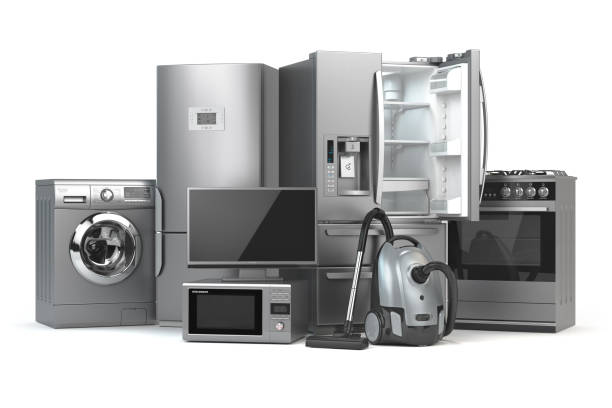
5. Education and Science Experiments
Magnets play a fundamental role in educational settings and science experiments. They are used to demonstrate principles of magnetism, attract or repel objects, and study magnetic fields. From simple experiments with iron filings to complex setups, magnets facilitate hands-on learning experiences for students of all ages.

6. Arts and Crafts
Beyond their functional applications, magnets also serve artistic purposes. Many artists and craft enthusiasts incorporate magnets into their creations, allowing for interactive artwork, movable components, or easy display options. Magnetic strips, sheets, and clasps enable a variety of creative possibilities.

Conclusion
Magnets are indispensable daily, impacting various aspects from technology and industry to healthcare and education. Understanding the uses of magnets helps us appreciate their significance and highlights their versatility as a vital element in numerous devices and applications. Whether we realize it or not, magnets make our lives easier and more efficient.
FAQs
Are magnets harmful to humans?
Magnets used in everyday applications do not pose any harm to humans, but caution must be exercised while handling powerful industrial magnets or medical devices. Injuries can occur if these magnets are not handled properly.
Can magnets affect electronic devices?
Certain electronic devices, such as old CRT monitors or credit cards relying on magnetic stripes can be disrupted by magnets. However, modern electronics are designed to withstand normal magnet exposure without significant impact, including smartphones and laptops.
Can magnets lose their magnetism over time?
Yes, certain types of magnets might lose their magnetism over time due to external factors, such as exposure to high temperatures or strong magnetic fields. Nevertheless, permanent magnets typically maintain their properties for more extended periods despite these unfavorable conditions.
What are some fun experiments involving magnets?
You can try simple experiments like using a magnet to attract paperclips or creating a compass using a magnetized needle floating on water. Exploring how different materials are affected by magnets or constructing a simple electromagnet are also engaging experiments.


